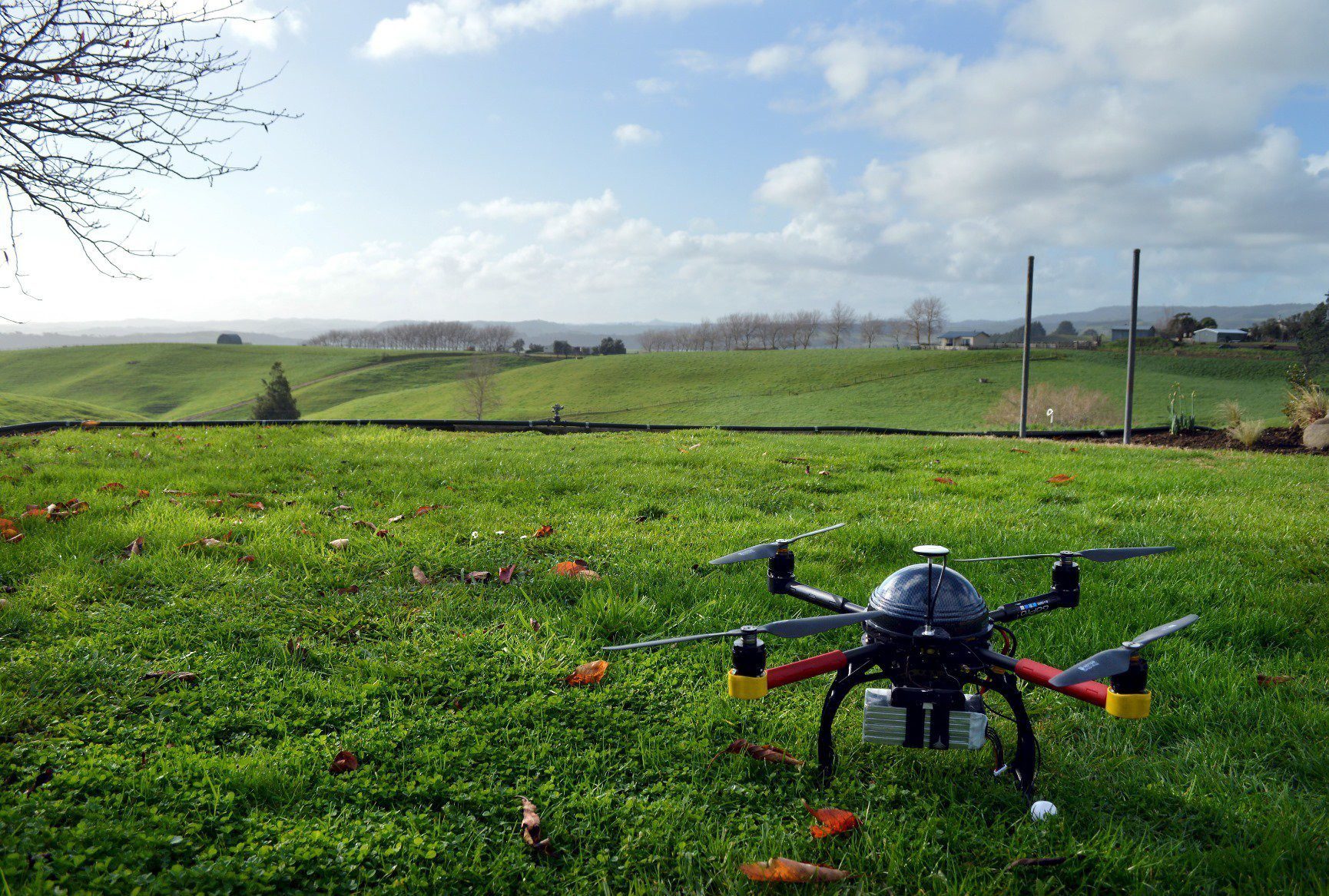The industrial revolution and the digital revolution are two key moments in human history that have transformed economies and societies. The industrial revolution, fueled by the steam engine, transformed manufacturing and transportation and urbanized communities, widening the gap between rich and poor. On the other hand, the digital revolution, which began with personal computers, has decentralized work and spawned new industries like software development and e-commerce, as well as personalized products and services. While both revolutions have had significant impacts, they differ in terms of technological advancements, environmental effects, and social and economic consequences. The digital revolution holds even more significant potential for change as technology continues to connect the world.
The Industrial Revolution vs. the Digital Revolution: Comparing Two Era-Defining Moments in History
The industrial revolution was a turning point in human history. It brought about major changes in the way people lived and worked, transforming economies and cultures across the world. However, with the advent of the digital revolution in the 21st century, many historians and scholars believe that it represents an equally transformative period. This article will compare and contrast the two revolutionary moments and explore their far-reaching impacts on society.
The Industrial Revolution
The Industrial Revolution started in England in the late 18th century and lasted until the mid-19th century. It marked a period of significant change in the way people lived and worked with the introduction of new technologies that changed how things were made and transported. The primary driver of the industrial revolution was the invention of the steam engine, which revolutionized the way factories were powered and how goods were transported.
Comparing the two revolutions
The digital revolution, on the other hand, started in the late 20th century, initially with the development of personal computers. The internet and the proliferation of mobile devices and social media have since transformed how we communicate, work, and access information. The digital revolution has created new industries, such as software development and e-commerce, and has radically transformed existing ones, including publishing, music, and television.
Social and economic impact
One of the most significant impacts of the Industrial Revolution was the shift from rural to urban areas as people moved to cities to work in factories. This resulted in the emergence of the middle class and the widening of the gap between rich and poor. The digital revolution, on the other hand, has led to the decentralization of work and the rise of the gig economy, where people work remotely or as freelancers. This has challenged the traditional employment model and expanded opportunities for entrepreneurship.
In addition, the industrial revolution also led to the homogenization of products with the mass production of goods. The digital revolution, however, has facilitated personalized and customized products and services, with data analytics and artificial intelligence driving targeted advertising and personalized recommendations.
Technological advancements
The Industrial Revolution introduced a series of groundbreaking technologies, including the steam engine, spinning jenny, and power loom, that transformed manufacturing and transportation. The digital revolution, meanwhile, has been marked by the development of computers, the internet, mobile devices, and social media. These technologies have facilitated the creation of new forms of communication, information sharing, and global trade. Additionally, advancements in artificial intelligence, machine learning, and big data have opened up new avenues for research, development, and innovation.
Environmental impact
However, the industrial revolution also had a detrimental impact on the environment, with the burning of fossil fuels leading to air pollution and land degradation. The digital revolution, on the other hand, has the potential to contribute to reducing carbon emissions with the use of renewable energy sources for data centers and remote work reducing the need for extensive transportation.
Conclusion
The Industrial Revolution and the Digital Revolution are two pivotal moments in human history that have shaped the course of economies and societies across the world. While both revolutions have brought about significant changes, they differ in terms of their impacts, technological advancements, and environmental effects. The digital revolution represents the potential for even more significant change, particularly as the world becomes increasingly connected and reliant on technology. As we continue on this digital path, it is essential to consider the lessons of the past and learn how to mitigate the negative effects and maximize the benefits of technological progress.
